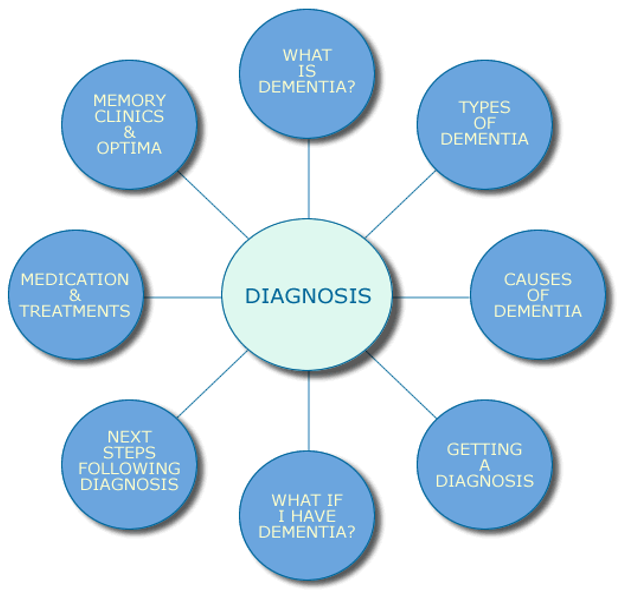What is dementia?
Dementia is not a specific disease but is rather a general term for the impaired ability to remember, think, or make decisions that interferes with doing everyday activities. Dementia is not an inevitable part of ageing and is not a disease in its own right. In order to be diagnosed with dementia you must have a progressive condition of the brain that gets worse with time . Therefore conditions such as Parkinson's disease can be classed as dementia (as it gets progressively worse with time ) but epilepsy which also affects the brain is not a progressive condition so is not dementia.
How common is dementia?
According to the gov.co.uk website, in 2024, there were 498,300 people in the UK with a formal diagnosis of dementia. In 2021 61,250 people died from demetia making it the second most common cause of death that year in England and Wales (Death registration summary statistics, England and Wales - Office for National Statistics).
Isn’t dementia part of normal aging?
No, many older adults live their entire lives without developing dementia. Normal aging may include weakening muscles and bones, stiffening of arteries and vessels, and some age-related memory changes that may show as:
- Occasionally misplacing objects such as car keys
- Struggling to find a word but remembering it later
- Forgetting the name of an acquaintance
- Forgetting the most recent events
Normally, knowledge and experiences built over years, old memories, and language would stay intact.
What increases the risk for dementia?
- Age
The strongest known risk factor for dementia is increasing age, with most cases affecting those of 65 years and older
- Family history
Those who have parents or siblings with dementia are more likely to develop dementia themselves.
- Race/ethnicity
Older African Americans are twice more likely to have dementia than white Americans and Hispanics are one and a half times more likely to have dementia than white Americans.Race, Ethnicity, and Alzheimer's
- Poor heart health
High blood pressure, high cholesterol, being physically inactive and smoking increase the risk of dementia if not treated properly.
- Traumatic brain injury
Head injuries can increase the risk of dementia, especially if they are severe or occur repeatedly.
How is dementia diagnosed?
Because of its complexity dementia can't just be diagnosed by visiting a health professional. In the UK a GP will usually try and rule out other causes of memory problems such as depression, infection or an underactive thyroid before referring a patient to a dementia specialist. This may involve physical examinations and blood tests. The GP may also complete mental ability tests referred to as cognitive assessments which can show if there are memory difficulties that need further investigation. Once these investigations have ruled out other causes an MRI or CT scan may be carried out to look at the patient's brain.

